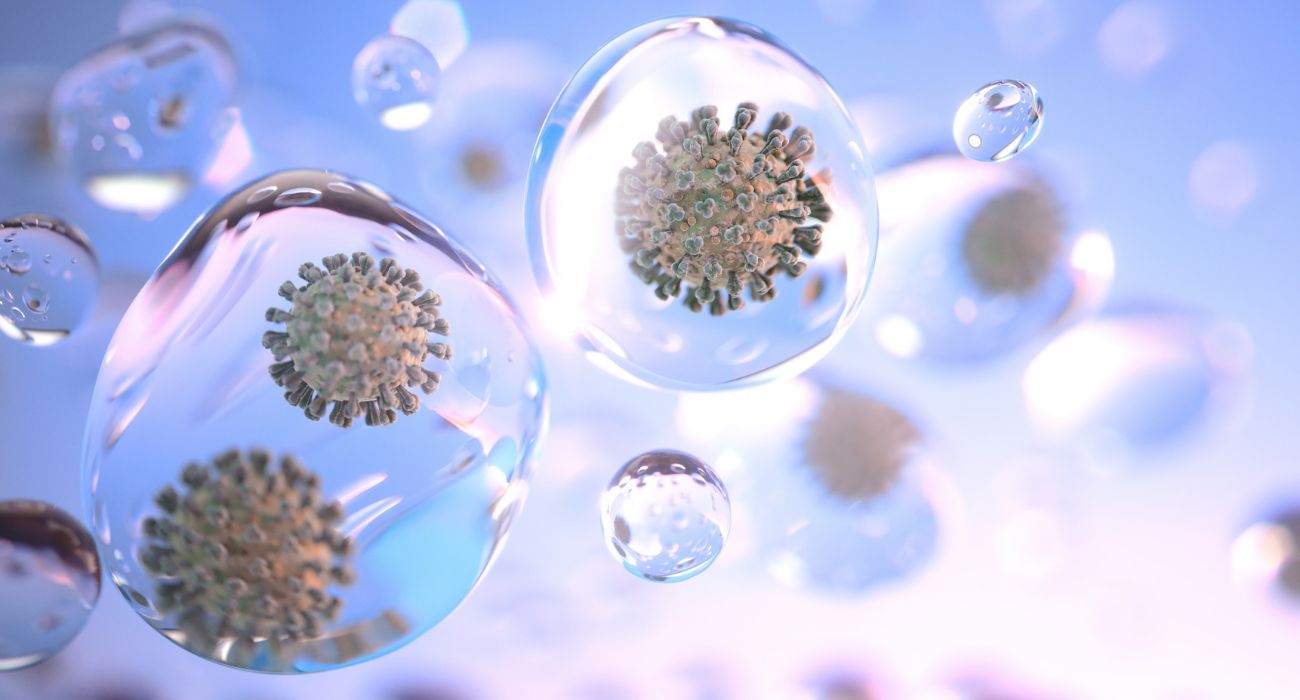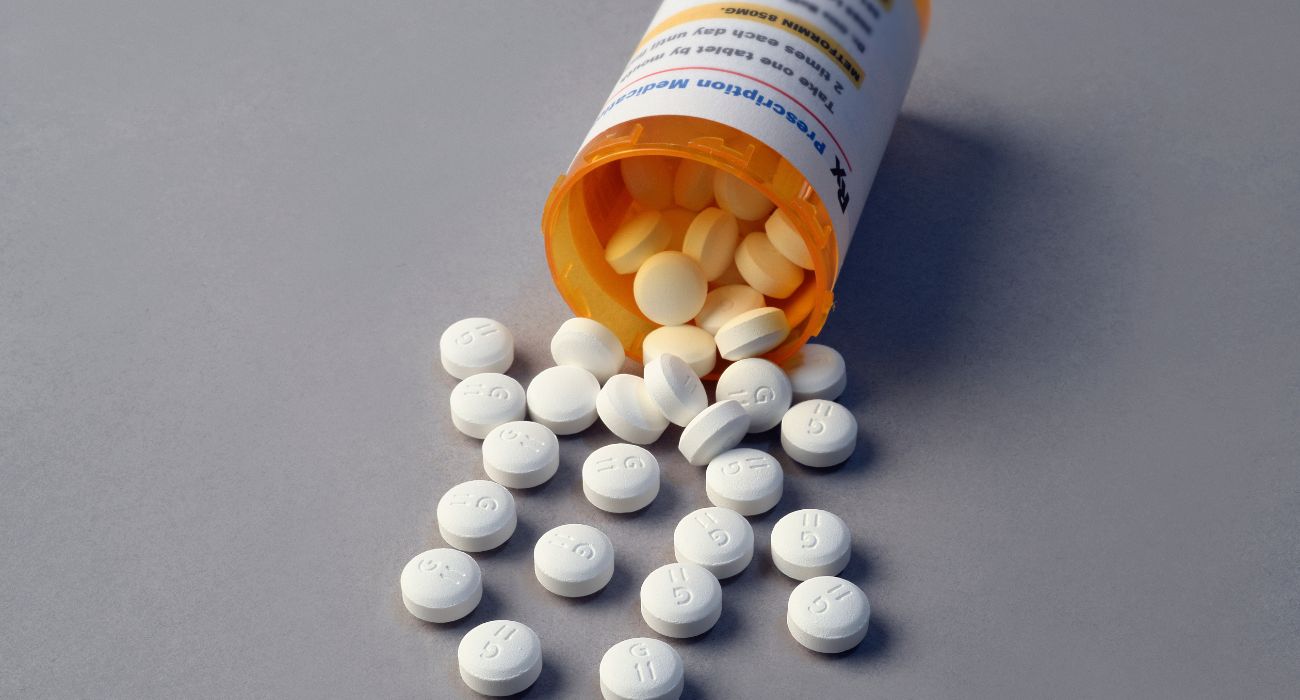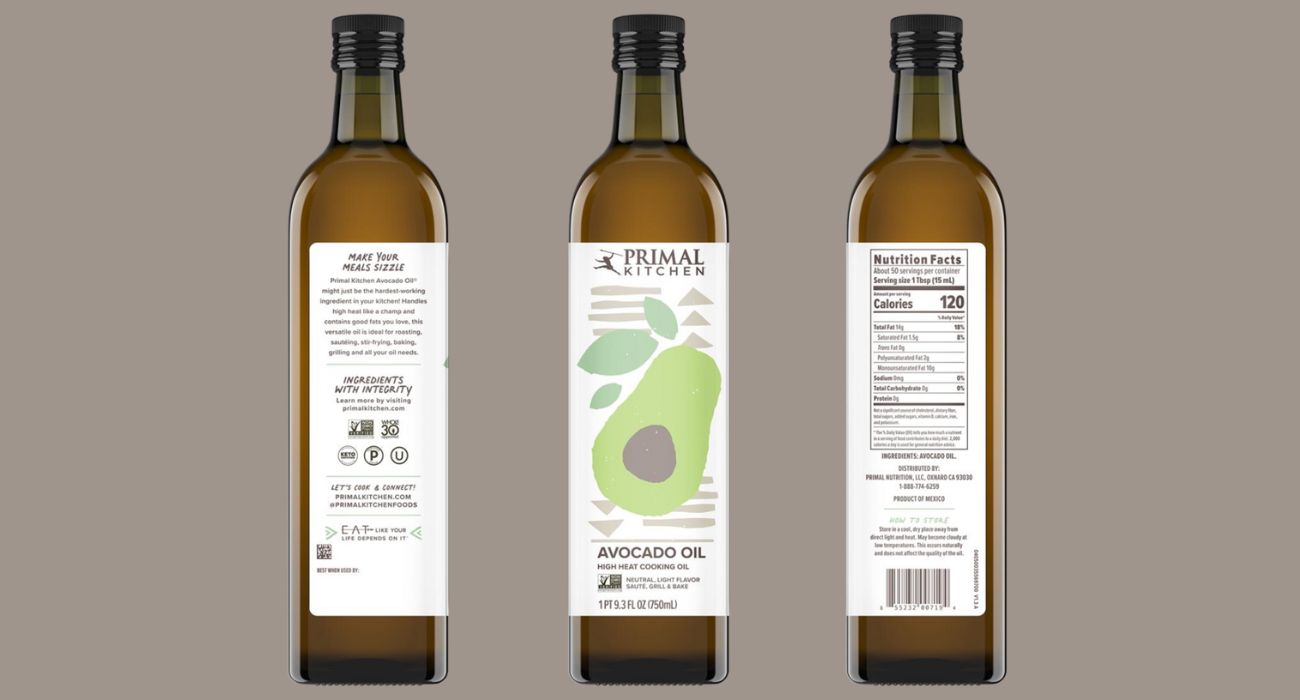Too much coffee may be harmful to people with abnormally high blood pressure, according to a study published in the peer-reviewed Journal of the American Heart Association.
Researchers concluded that individuals with severe high blood pressure who drink two or more cups of coffee daily are twice as likely to die from cardiovascular disease as non-coffee drinkers.
The authors did not witness the same elevated risks when people with high but not severe blood pressure consumed similar amounts. Nor did they find that a single cup of coffee, or daily green tea consumption, caused elevated risks of death at any blood pressure level, severe or not.
High blood pressure, or hypertension, measured in millimeters of mercury (mm Hg), forces the heart to work harder to pump blood. The American Heart Association and the American College of Cardiology define hypertension as blood pressure reaching 130/80 mm Hg or higher. For the purpose of this study, severe blood pressure was defined as 160/100 mm Hg or higher.
Severe high blood pressure is often a result of or connected to obesity — an epidemic and a leading cause of death in the U.S. — according to the American Heart Association.
A single eight-ounce cup of green or black tea contains 30-50 milligrams of caffeine. According to the FDA, a similar-sized coffee can contain double that amount, typically 80-100 milligrams of caffeine.
Previous studies have concluded that a daily cup of coffee could offer protective benefits for heart attack survivors, lowering the risk of death following a cardiac event. Other studies have also pointed to coffee lowering the chance of developing chronic illnesses, like certain cancers or Type 2 diabetes. Its consumption has also been shown to help control appetite, reduce depression, and improve alertness.
At the same time, coffee has also been linked to higher blood pressure, anxiety, insomnia, and heart palpitation.
“Our study aimed to determine whether the known protective effect of coffee also applies to individuals with different degrees of hypertension; and also examined the effects of green tea in the same population,” said the study’s senior author, Hiroyasu Iso, M.D., Ph.D., M.P.H. He is the director of the Institute for Global Health Policy Research, Bureau of International Health Cooperation, National Center for Global Health and Medicine in Tokyo, Japan, and professor emeritus at Osaka University.
Iso and his team believe their study is the first to correlate the consumption of two cups or more of coffee with an increased risk of death connected to cardiovascular disease among people with severe hypertension.
Over 6,570 men and more than 12,000 women, ages 40 through 79, were analyzed as part of the research. The individuals were chosen from a large cancer cohort study established between 1988 and 1990 in Japan.
Over nearly 19 subsequent years, 842 cardiovascular-related deaths were identified among the group. The data was then reviewed to determine the correlation between coffee consumption and deaths, ultimately leading to the study’s conclusions.
According to Iso, people with high blood pressure may want to limit coffee consumption because its “harmful effects may outweigh its protective effects and may increase the risk of death.”
The researchers suspect green tea may not elicit the same risks because it contains polyphenols and micronutrients that possess antioxidant and anti-inflammatory properties.
The research has several limitations, as noted in the press release from the American Heart Association. Coffee and tea consumption were self-reported, and blood pressure readings were taken at a single point in time, both of which can provide misleading results.
Since the study was observational, the correlation between coffee consumption and health risks does not imply causation. In other words, it may not be the coffee causing death among the participants studied. Further research will be needed to verify the conclusions.






